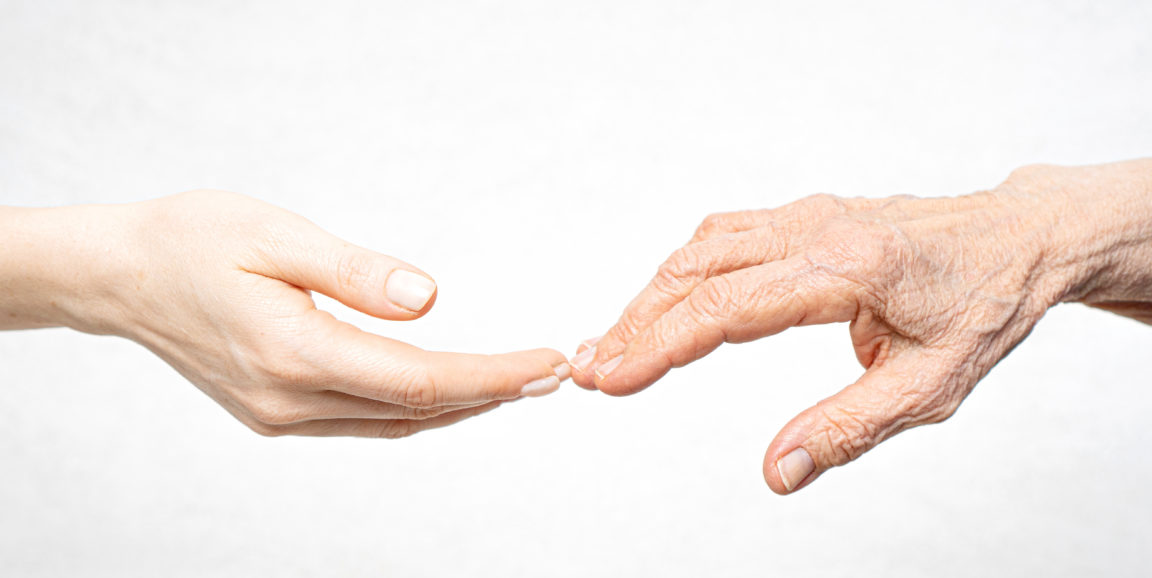Can we rejuvenate aging brains?
By Bruce Goldman
Neuroscientist Tony Wyss-Coray, PhD, has spent 20 years unearthing and examining various molecules with neuroprotective and neurodegenerative properties. These molecules are found in or on different cell types in the brain and on the blood vessels abutting it, or floating in the blood and the cerebrospinal fluid that bathes it. And they become increasingly important as we age.
Wyss-Coray and his colleagues have turned up substances in blood that can accelerate or slow down the brain-aging clock. They've identified proteins on blood-vessel surfaces through which some of these molecules can act on the brain, despite the existence of the blood-brain barrier. He's even shown that older mice getting young mouse cerebrospinal fluid look and act younger.
I asked Wyss-Coray, the D. H. Chen Distinguished Professor of Neurology and Neurological Sciences and the director of the Phil and Penny Knight Initiative for Brain Resilience, to tie together his findings in the field of cognitive rejuvenation.
Tell us about aging-related cognitive loss.
Aging problems start to become tangible for most people above the age of 50 or 60, when we realize that retrieving the name of a person or a word at the tip of the tongue is not just the result of a bad day, but a manifestation of getting older -- like wrinkles or graying hair. These memory lapses become more frequent, and we begin to speak slower in order to be able to replace missing words with others.
While it's unclear how this normal age-related decline relates to more severe cognitive impairment and dementia, one-third of Americans above age 85 have symptoms of Alzheimer's disease, and that number doubles over the next 10 years of life. Sadly, we have no tools to predict who will progress from forgetfulness to dementia.
Not everyone is destined to experience this downward trajectory, though. One in three centenarians seem to be resilient to cognitive decline. This provides hope and a springboard for studying brain aging and cognitive decline.
